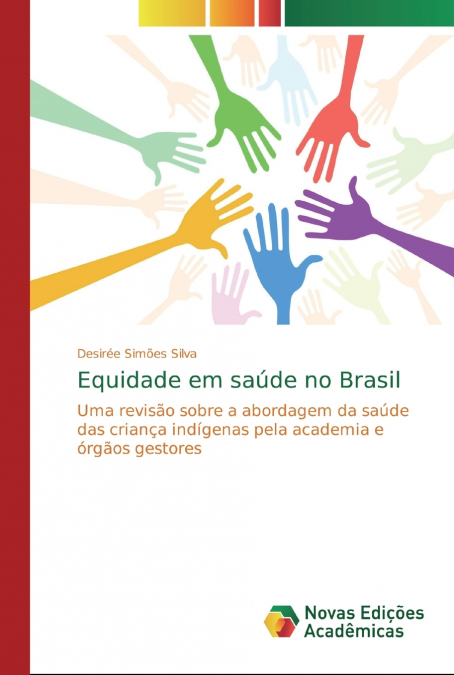
Desirée Simões Silva
A saúde indígena, no Brasil, está sob gestão da Fundação Nacional de Saúde (FUNASA), e em 1999 foi regulamentada a Lei 9.836/1999, que instituiu o Subsistema de Atenção à Saúde Indígena pertencente ao Sistema Único de Saúde (SUS). Levantamentos de dados sobre a saúde da criança indígena brasileira mostram altas Taxas de Mortalidade Infantil (TMI), superiores as Taxas apresentadas pelas crianças não-índias. Os objetivos deste trabalho são analisar como a FUNASA trabalha a temática de saúde da criança indígena e identificar a produção científica socializada em periódicos indexados na Bireme / BVS acerca da situação de saúde das crianças indígenas brasileiras. Trata-se de uma pesquisa qualitativa, do tipo bibliográfica e documental. A busca de dados referente a pesquisa bibliográfica foi realizada em periódicos indexados no banco de dados Bireme / BVS e a análise documental foi realizada sobre o conteúdo do Manual de Atenção à Saúde da Criança Indígena da FUNASA.